
March 25, 2022
Whether you’re a luddite or a tech solutionist, whatever—that’s your business. But new research from Pew provides a window into where a broad swath of the American public—10,260 US adults, to be exact—falls along that spectrum.
Here's the News. All the news worth reading. (To me anyway) Note that this is a news clippings blog. Articles (mainly from Straits Times) are NOT written by me. Due to spam comments, comments are now moderated. Please read "This Blog" and "Before you comment".


 |
| A woman is seen smiling. (Photo: Unsplash/Constantinos Panagopoulos) |
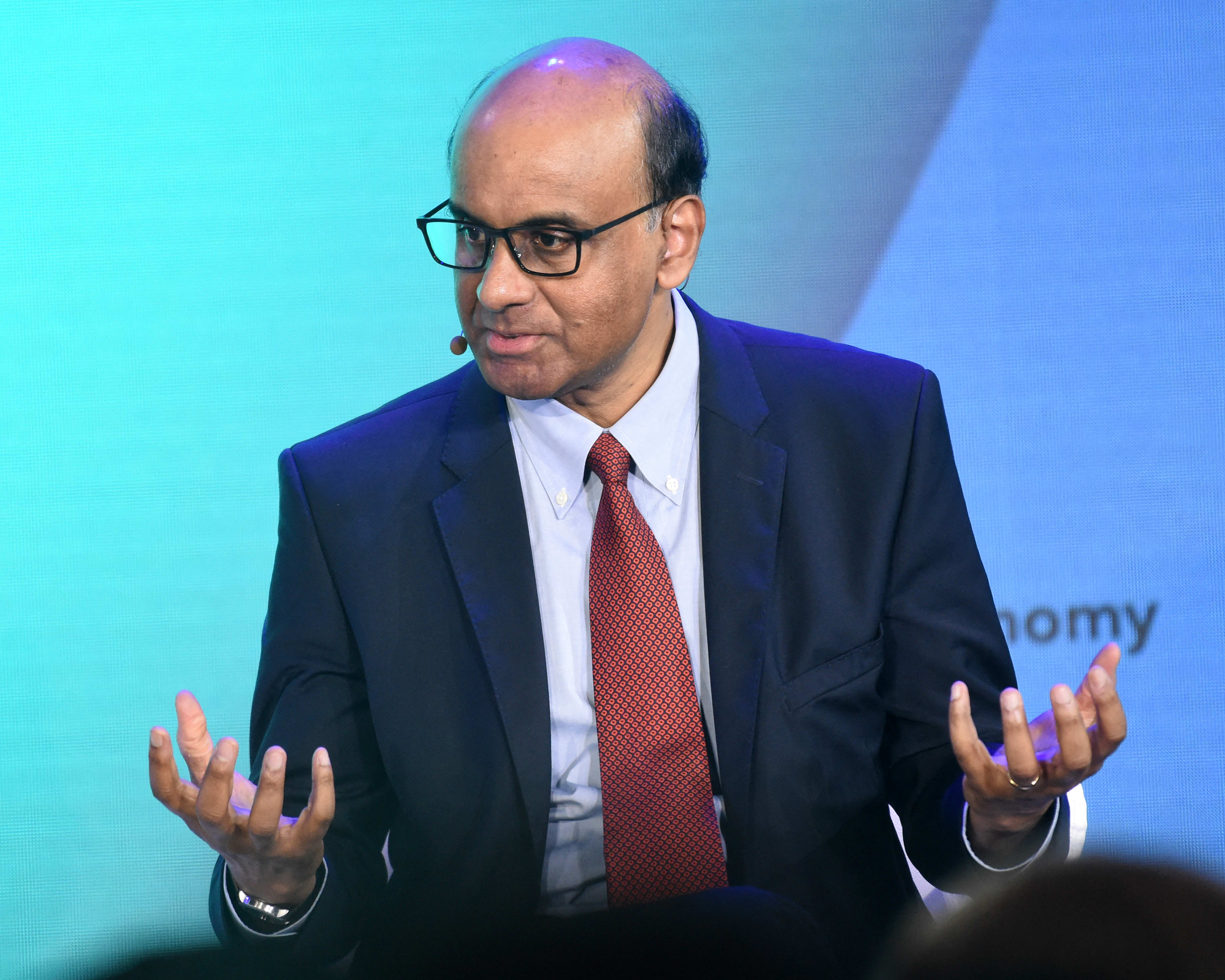
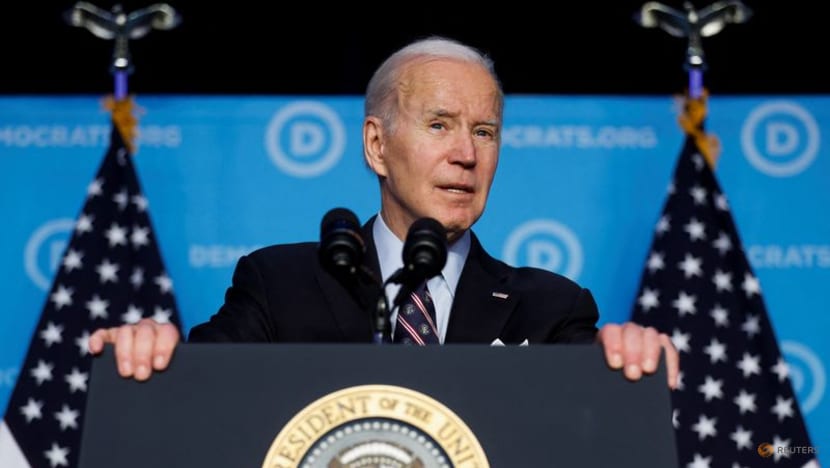 |
| FILE PHOTO: U.S. President Joe Biden delivers remarks to the Democratic National Committee (DNC) Winter Meeting in Washington, U.S., March 10, 2022. REUTERS/Jonathan Ernst |
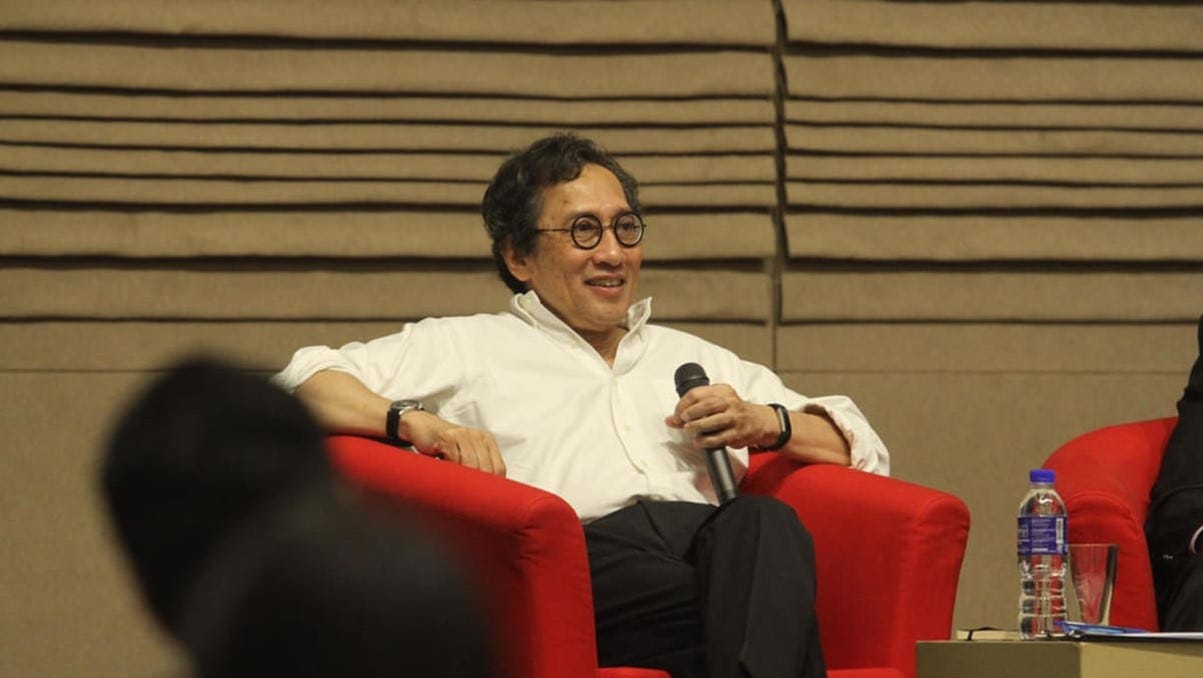
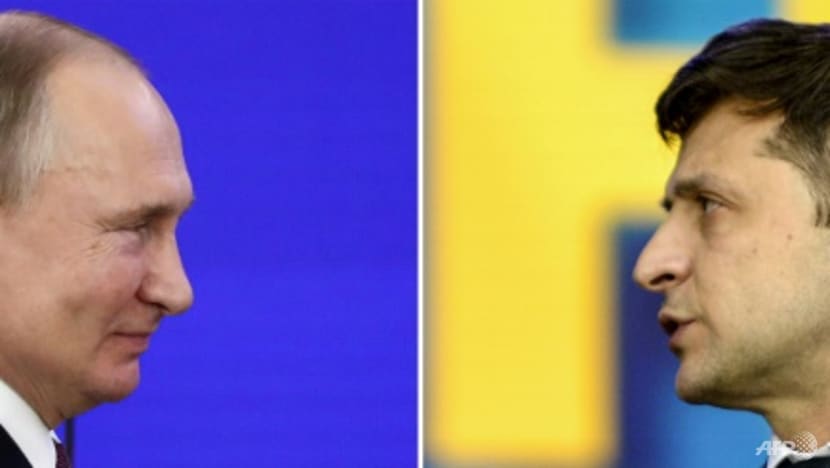 |
| Ukrainian President Volodymyr Zelenskyy (R in this combination photo) urged direct talks with Russian counterpart Vladimir Putin as the only way to end the war. (Photo: POOL/AFP/File/Evgenia NOVOZHENINA, Sergei CHUZAVKOV) |

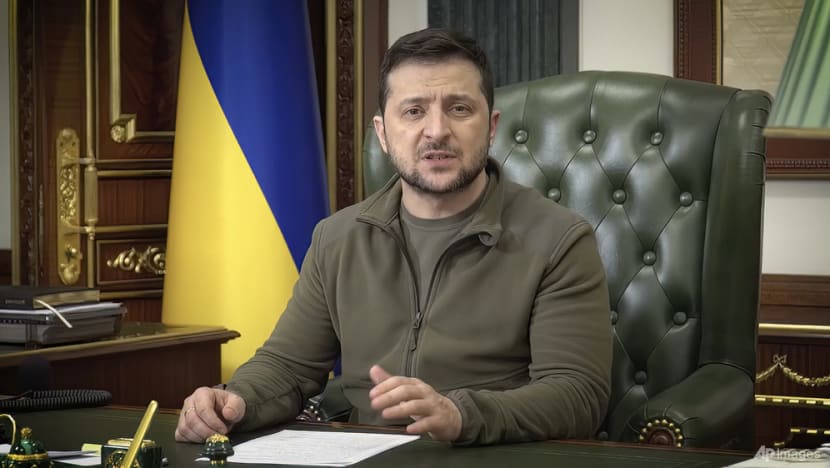 |
| In this image from video provided by the Ukrainian Presidential Press Office and posted on Facebook, Ukrainian President Volodymyr Zelenskyy speaks in Kyiv, Ukraine, on early Wednesday, March 16, 2022. (Ukrainian Presidential Press Office via AP) |
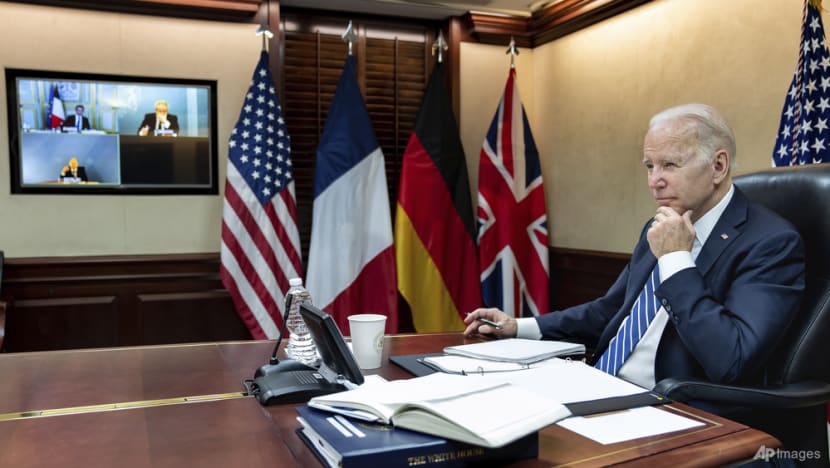 |
| FILE PHOTO: President Joe Biden listens during a secure video call with French President Emmanuel Macron, German Chancellor Olaf Scholz and British Prime Minister Boris Johnson at the White House, Mar 7, 2022. (Photo: Adam Schultz/The White House via AP) |
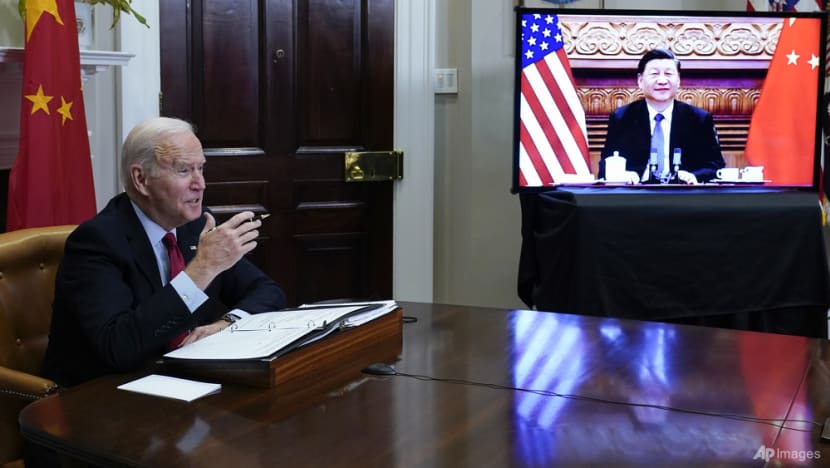 |
| President Joe Biden meets virtually with Chinese President Xi Jinping from the Roosevelt Room of the White House in Washington, Monday, Nov. 15, 2021. (AP Photo/Susan Walsh) |
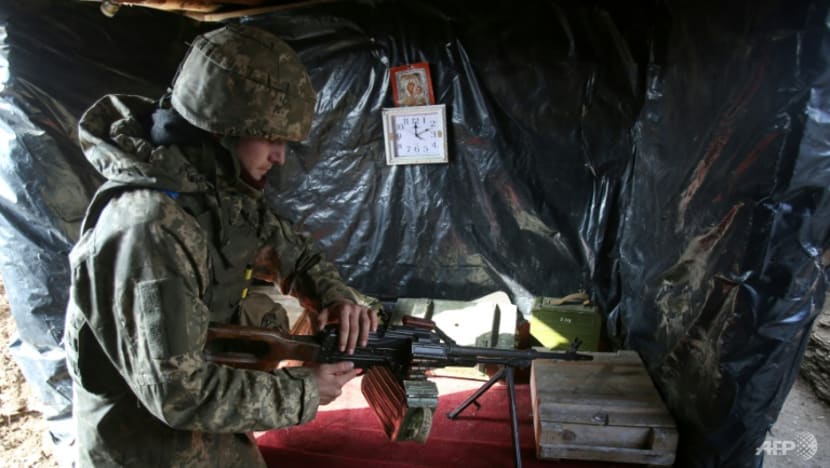
 |
| FILE PHOTO: The Google office located in Singapore. (Photo: Tang See Kit) |
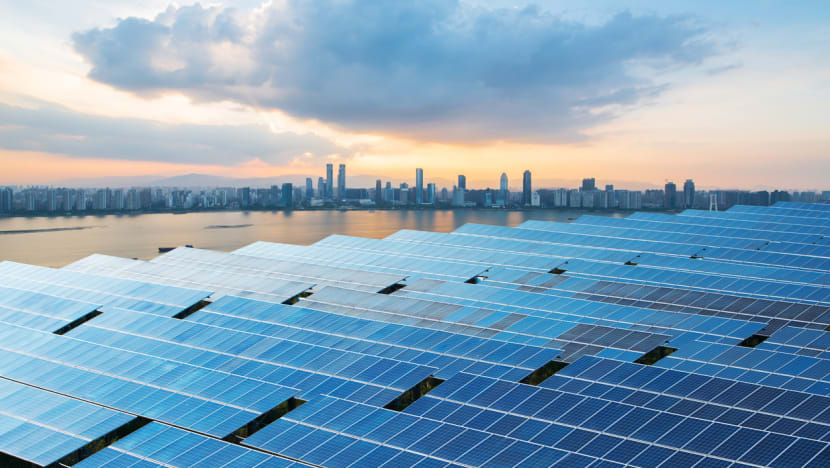 |
| Solar panels with cityscape of Singapore. (Photo: iStock) |